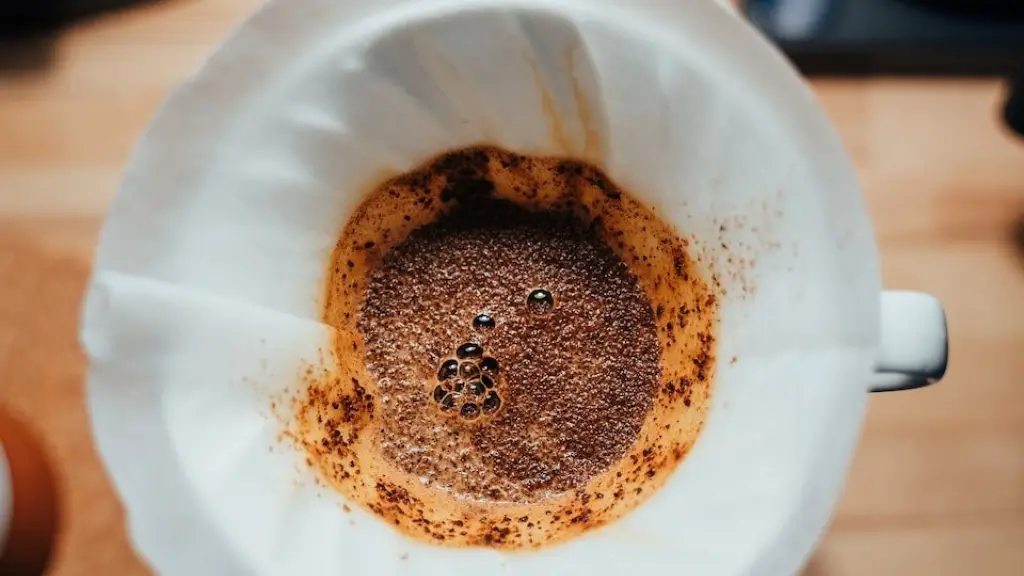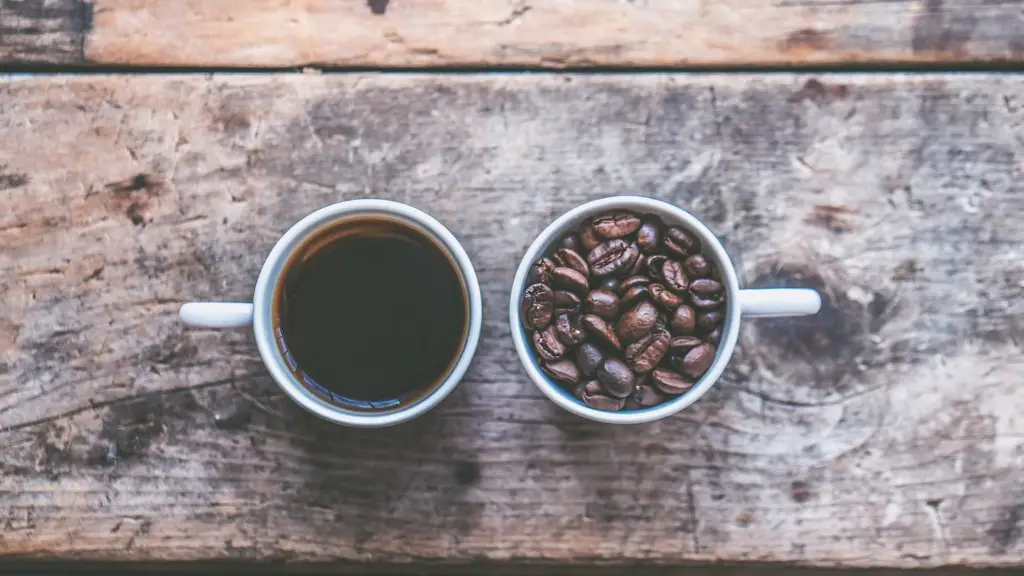Fasting labs are an important part of a diagnostic workup. Patients are often asked to fast overnight before going in for blood work the following morning. During that time, it can be difficult to resist the urge to drink coffee. But is drinking coffee allowed when one is fasting for labs?
According to the American Society for Clinical Pathology’s guidelines, “if fasting for a laboratory test, the patient may take medications with a small sip of water and may take Plain Black coffee or tea without creamers, sugar or artificial sweeteners.” These guidelines indicate that drinking black coffee (without any additives) is acceptable while fasting for labs. However, it is important to note that this applies to plain black coffee only; adding sugar, creamer, or artificial sweetener to coffee will break the fast.
There is also the issue of caffeine and its potential effects when taken in prior to a lab test. According to a particular study published in the Clinical Chemistry journal, caffeine does have an effect on certain tests. The study found that drinking coffee had no effect on the results for glucose, bilirubin and urea nitrogen tests but did have a small but significant effect on tests for triglycerides and HDL cholesterol. The amount of coffee consumed did not have much of an effect; whatever amount was consumed had the same effect on test results.
Experts suggest that if patients are concerned about how coffee could affect their fasting lab results, they should discuss the issue with their healthcare provider. In some cases, it might be best to err on the side of caution and avoid coffee altogether. Some patients may be able to drink black coffee without it affecting their test results, while others could experience significant enough changes that they should avoid consumption altogether.
Ultimately, the decision whether or not to drink coffee while fasting for labs should be left to the patient in consultation with their healthcare provider. Coffee can be a source of comfort in the morning and for some patients, it is an important part of their routine. However, it is important for patients to understand that there may be some risk involved and that they should discuss their situation with their healthcare provider.
Coffee and Blood Sugar Levels
One of the major tests often performed as part of a fasting lab workup is the glucose test. Glucose is the primary sugar found in the blood and is the main source of energy for the body. The amount of sugar present in the body is regulated by the hormone insulin. If a patient is consuming coffee or any other caffeinated beverage while fasting, it could affect the glucose levels in their blood.
Various studies examining the effects of caffeine on glucose levels have had mixed results. Some studies have found that caffeine can increase glucose levels while others have found that it has no effect. It is difficult to draw any definitive conclusions as these studies often use different experimental designs and study subject populations. However, it is generally accepted that the effects of caffeine on blood sugar levels are relatively small and can generally be managed if patients are aware of how caffeine could affect their lab results.
Regardless of the potential effect of caffeine on glucose levels, it is important to note that caffeine is a diuretic and therefore can have a dehydrating effect. When a patient is already fasting for labs, dehydration can further stress the body and potentially affect lab results. For this reason, it is important for patients to keep hydrated, even if they are drinking coffee. Patients should make sure to drink plenty of water before and during their fasting period.
The Effects of Coffee on other Lab Results
Glucose is not the only chemical that can be affected by coffee; other tests, such as triglycerides and HDL cholesterol, can also be affected. Triglycerides are a type of fat found in the blood and HDL cholesterol is the “good” cholesterol. These tests are important indicators of a patient’s overall health. A study published in the Clinical Chemistry journal found that drinking coffee had a small but significant effect on test results for triglycerides and HDL cholesterol.
However, the effects of coffee on other tests is not always clear. A review of past studies conducted on the subject concluded that there is no consistent or convincing evidence to suggest that caffeine consumption has a significant effect on other tests such as vitamin B12, calcium, magnesium, iron, uric acid, albumin, and alkaline phosphatase.
It is also important to note that different individuals can have different responses to caffeine. A study conducted on postmenopausal women found that some women had elevated levels of triglycerides and LDL cholesterol after consuming caffeine, while others had no change in levels. This suggests that individual responses to caffeine are variable, and it is important for the patient to be aware of their own body’s responses to caffeine.
Should I Drink Coffee When Fasting for Labs?
The decision to drink coffee when fasting for labs is ultimately a personal one. Patients should consult with their healthcare provider if they are concerned about how their test results could be affected. It is generally accepted that drinking plain black coffee should not have any significant effect on most lab results. However, it is important to be aware of the potential effects of caffeine and to keep hydrated.
In addition, it is important for patients to be aware of their own body’s responses to caffeine. Some individuals may be able to consume coffee without it affecting their test results, while others could experience significant changes. It is best to discuss the issue with their healthcare provider if they are unsure or concerned.
What if I Need to Take Medication While Fasting?
If a patient is taking medication while fasting for labs, it is important to discuss it with their doctor or pharmacist. Most commonly prescribed medications do not significantly affect laboratory tests; however, some medications can increase or decrease certain test results. In some cases, it might be advisable to take medication with a small sip of water or with a light meal (if allowed) during the fasting period.
If a patient cannot take medication with a small sip of water during the fasting period, then it is important to discuss it with their healthcare provider. The provider can advise the patient on whether or not it is safe to take the medication at the time of their lab test. In some cases, the healthcare provider may recommend delaying the test until the patient can properly fast.
Tips for Fasting for Labs
Fasting for labs can be uncomfortable but there are things that patients can do to make the process easier. First, patients should make sure that they are adequately hydrated. Drinking water is essential and can help stave off hunger and fatigue. Patients should also plan their meals ahead of time and make sure to eat a light meal before their lab test, if allowed. This can help to ensure that the body is properly nourished and that the lab test results are as accurate as possible.
Finally, it is important to be aware of any medications that the patient is taking and to discuss with their healthcare provider if they should be taken while fasting. Patients should also remember that drinking plain black coffee is generally acceptable during fasting but it is important to avoid adding sugar, creamer, or artificial sweetener. Patients should discuss their particular situation with their healthcare provider if there are any concerns.




